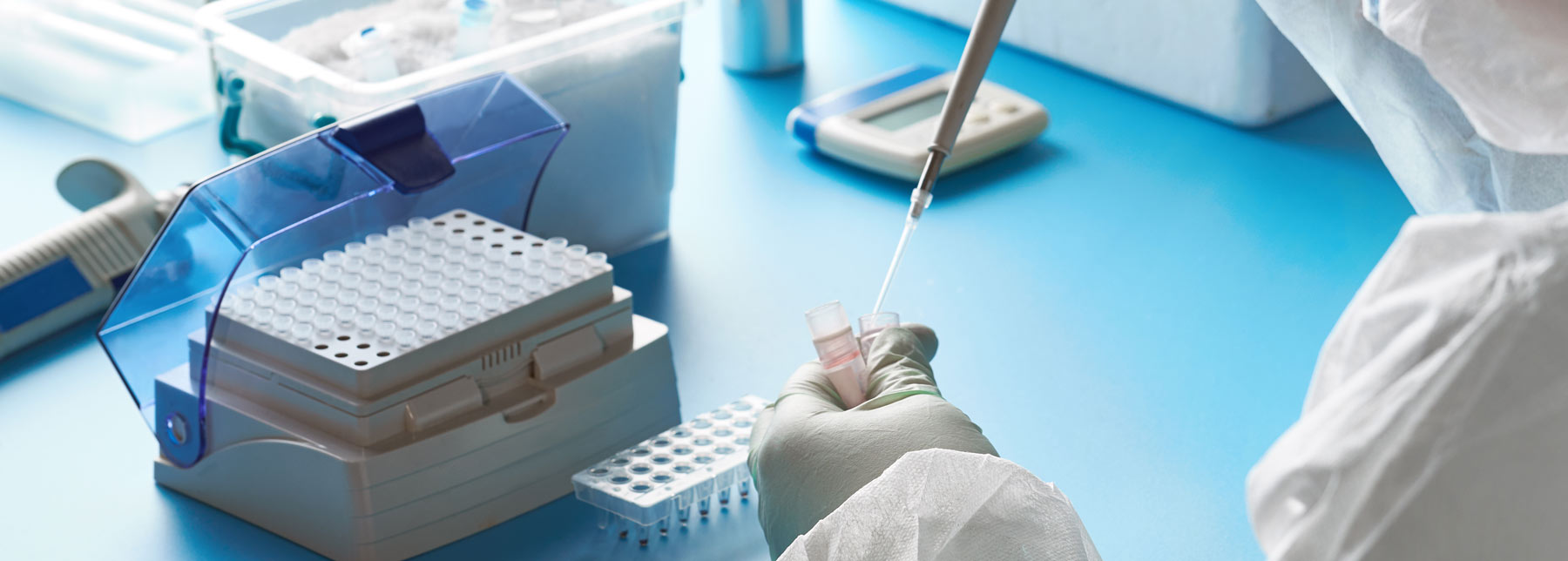Screening against the commonest cause of life-threatening infections in newborn babies in the UK
£70
Average rating: 4.87 / 5 Read all reviews

| Group B Strep Test | £70 |
MUMS offer Group B Strep Test.
This costs £70.00
We offer this service 6 days a week, have ample parking and rapid results.
You can book online or call our friendly team of experts on 0121 704 2669 to book this test.
This test is not offered routinely in the NHS but available at our clinic in Solihull.
As Group B Strep ( GBS ) is the most common cause of life-threatening infections in new-born infants – it is a very important test.
If your test is positive, you will be offered intravenous antibiotics when you go into labour. This course of action will reduce the risk of GBS infection from 1 in 300 to less than 1 in 6000 to your new-born.
It is a simple swab in a 10 min appointment – we take two swabs from the lower vaginal region and the rectal region.
It is known that Group B Streptococcus is carried by 20-40% of adults. Often there are no symptoms or side effects.
Normally – Group B Strep is found in the gut but 25% of women have it in their vagina.
Left untreated – it can cause infection, lead to sepsis and meningitis.
We recommend this test is performed between 35-37 weeks of pregnancy.
We have ample parking and great reviews.
Call 0121 704 2669 to book your private Group B Strep today
Copyright © 2026 Midland Ultrasound and Medical Services | Company number: 04844920